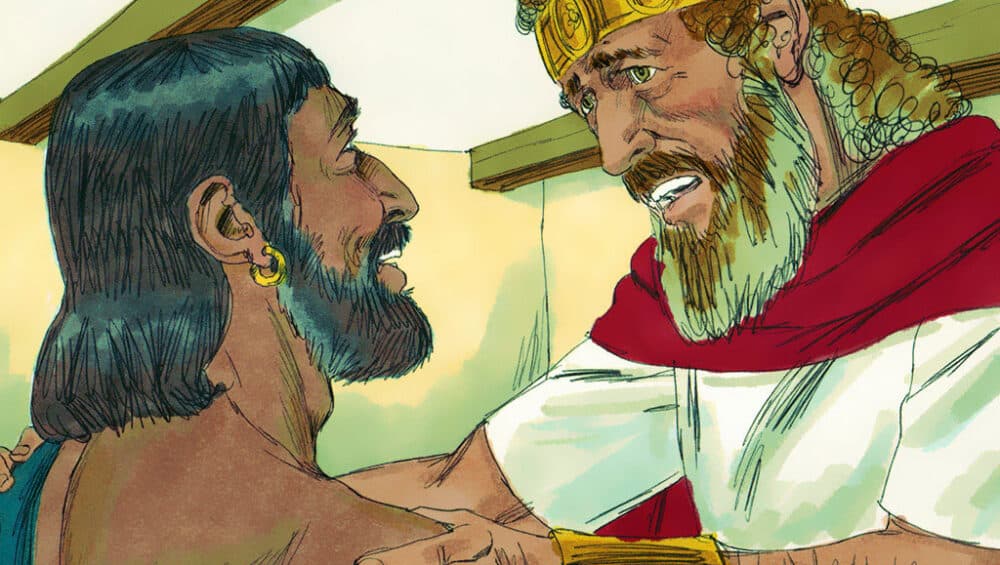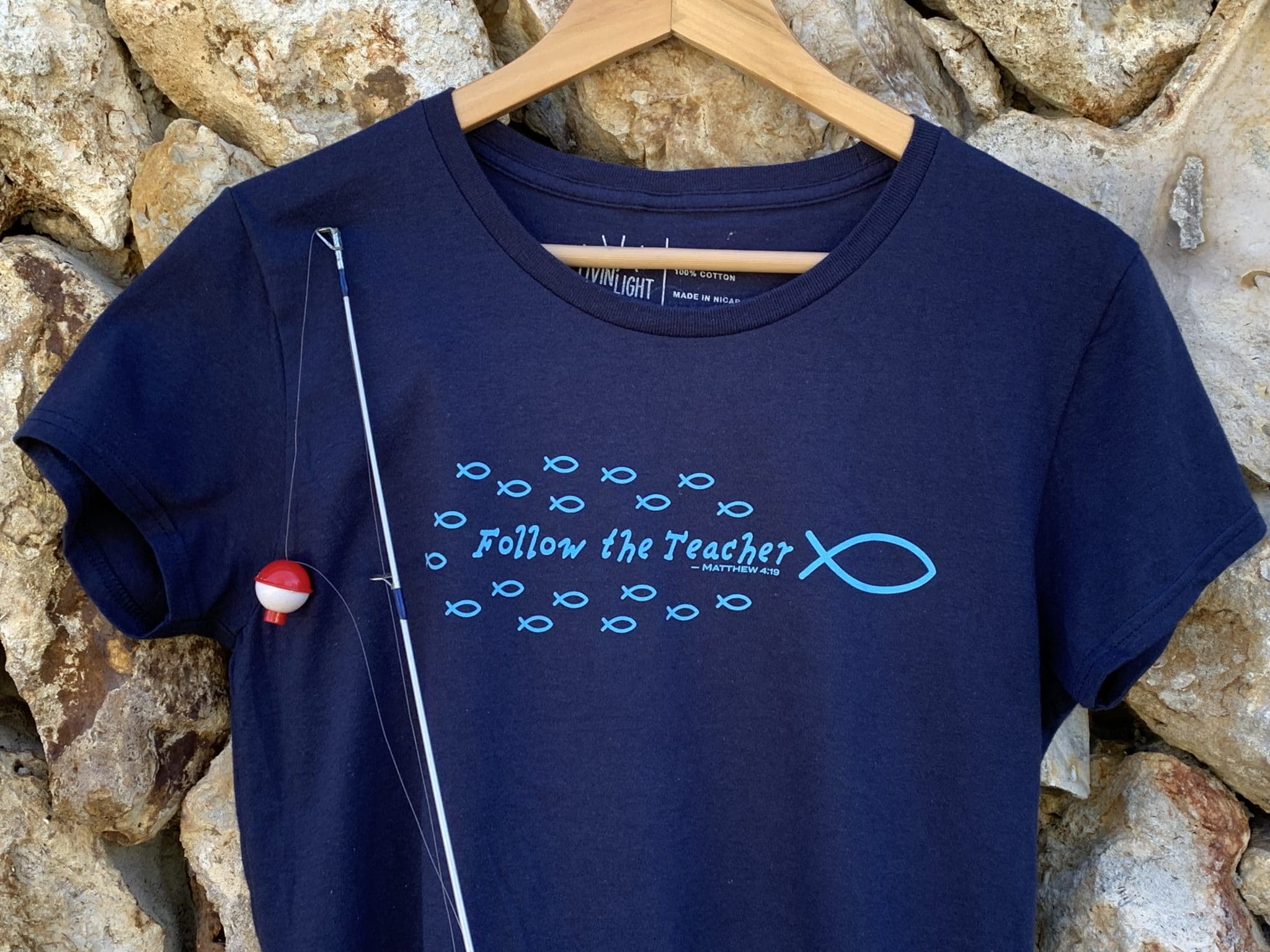Sweet Publishing / FreeBibleimages.org.
Welcome to Livin’ Light’s Bible-In-A-Year challenge of discovering God’s love for us and His purpose for our lives. Here is the format for this great adventure: The daily reading assignment is posted at 5 a.m. After each day’s reading, Leigh An Coplin, the blog host, shares observations and poses questions about difficult passages to Rob Fields, who studied Christian Education at Asbury Seminary and currently teaches Biology in the Orlando area. To start from the beginning, click on 365 Bible Readings and scroll down to Day 1. The reading schedule is taken from The One Year Chronological Bible NLT.
Today’s Reading
— 2 Samuel 17:15-29
— Psalm 3
— Psalm 63
— 2 Samuel 18-19:30
(979-972 BC) Click here for a timeline of the entire Bible.
Questions & Observations
Q. (2 Samuel 18:14-15): Joab should have learned his lesson the first time. The king said to take it easy on his son. He probably wanted to talk to him.
A. He didn’t seem to learn his lesson, but he was right that it was a great insult to Joab’s men that David mourned Absalom’s death in the midst of their great victory. It was surely a bitter sweet moment for David.
O. (18:33): King David has sinned, but here we can see how wonderful of a person he is. His son was plotting to kill him, but he did not want his son killed and grieved immensely for him.
Q. (19:5-7): I take it that Joab is a key figure here and we’ll see some payback from David? David does not know that Joab ordered Absalom to be killed, right?
A. He remains a key figure through the rest of David’s life. You’ll see how it goes down.
Q. (19:10): I don’t remember any mention of Absalom being anointed. Did this happen in Hebron when Absalom was supposedly sacrificing?
A. The word “anointed” just means “chosen” or “selected”. We’re not talking about a formal ceremony with a priest here, though some form of oil may have been used. The people are commenting about the leader they chose.
Q. (19:11-13): Is David trying to rally some loyalty here?
A. Yes, among his own tribe.
Q. (19:26-28): It’s hard to say who is telling the truth here. I would say that it’s Mephibosheth?
A. I guess in the end it doesn’t matter: David believed Mephibosheth.
Q. Rob, this is a edge-of-your-seat story with a lot of details and deceit. I guess the big message is that if we have the Lord on our side, anything is possible? And, that jealousy, rage, greed, envy and lust can only lead to destruction?
A. I think the big lesson here is that sin always has consequences, even for the most godly of men. David’s abuse of his throne has come back to haunt him, and cost him a dearly beloved son. That doesn’t mean God loved him any less, but it is an important lesson for Christians to understand: even if God spares us the ETERNAL consequences of our sins — thank God for that! — we must still deal with the temporal consequences of our decisions. No one, not even the great King David, is immune to the power of sin and the consequences that follow it.
For further reading: Though he showed his weakness toward Bathsheba, David is heralded as having the heart of God, https://onlinecoursesblog.hillsdale.edu/a-message-of-reconciliation-the-love-of-a-father-and-the-birth-of-christ/
Shop: Follow God’s Word, and you will receive His protection, https://livinlight.org/product/truth/
Tomorrow’s reading
— 2 Samuel 19:31-20:26
— Psalm 7
— 2 Samuel 21:1-22
— 1 Chronicles 20:4-8











